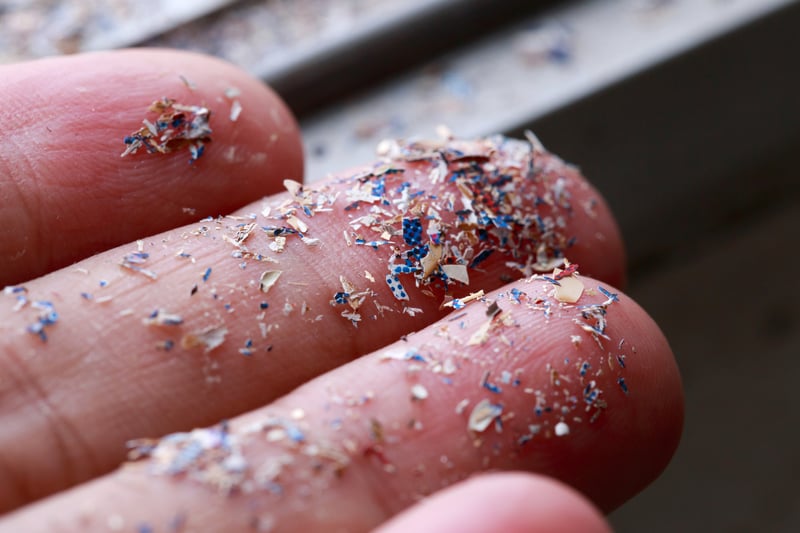We are administering the seasonal flu vaccine. Please call for appointments. Walk-Ins welcome!
Manténgase sano!

- Cara Murez
- Posted June 13, 2023
Microplastics You Inhale Are Getting Lodged in Airways
Humans are inhaling microplastics from the degradation of plastic products in the environment, and these tiny plastic particles are sticking in human airways, according to researchers.
People inhale about 16.2 bits of these microplastics every hour --- the equivalent of a whole credit card each week --- according to a study published June 13 in Physics of Fluids. These microplastics usually contain toxic chemicals.
"This study emphasizes the need for greater awareness of the presence and potential health impacts of microplastics in the air we breathe,"study co-author YuanTong Gu said in a journal news release. He's a professor at Queensland University of Technology in Australia.
Millions of tons of these microplastic particles have been found in water, air and soil, the researchers noted. Global microplastic production is surging, and in 2022 studies found microplastics deep in human airways, raising the concern of serious respiratory health hazards, they pointed out.
The international team of researchers developed a computational fluid dynamics model to analyze microplastic transport and deposits in the upper airway.
These microplastics tended to collect in hot spots in the nasal cavity and the back of the throat, the study showed. They were 1.6, 2.56 and 5.56 microns in size and spherical, tetrahedral and cylindrical in shape.
The team also looked at movement during slow and fast breathing conditions.
The complicated and highly asymmetric shape of the airway and complex flow behavior in the nasal cavity and pharynx causes the microplastics to deviate from the flow path line and deposit in those areas, the researchers said.
Breathing conditions and microplastic size influenced the overall microplastic deposition rate in airways. An increased flow rate led to fewer deposits, the authors found. The largest microplastics studied were deposited in the airways more often than their smaller counterparts.
This study highlights the real concern of exposure to and inhalation of microplastics, the authors said, particularly in areas that have high levels of plastic pollution or industrial activity.
Researchers were from the University of Technology Sydney, Western Sydney University and Queensland University of Technology in Australia; Urmia University and Islamic Azad University in Iran, and the University of Comilla in Bangladesh.
More information
The U.S. National Oceanic and Atmospheric Administration has more on microplastics.
SOURCE: Physics of Fluids, news release, June 13, 2023








